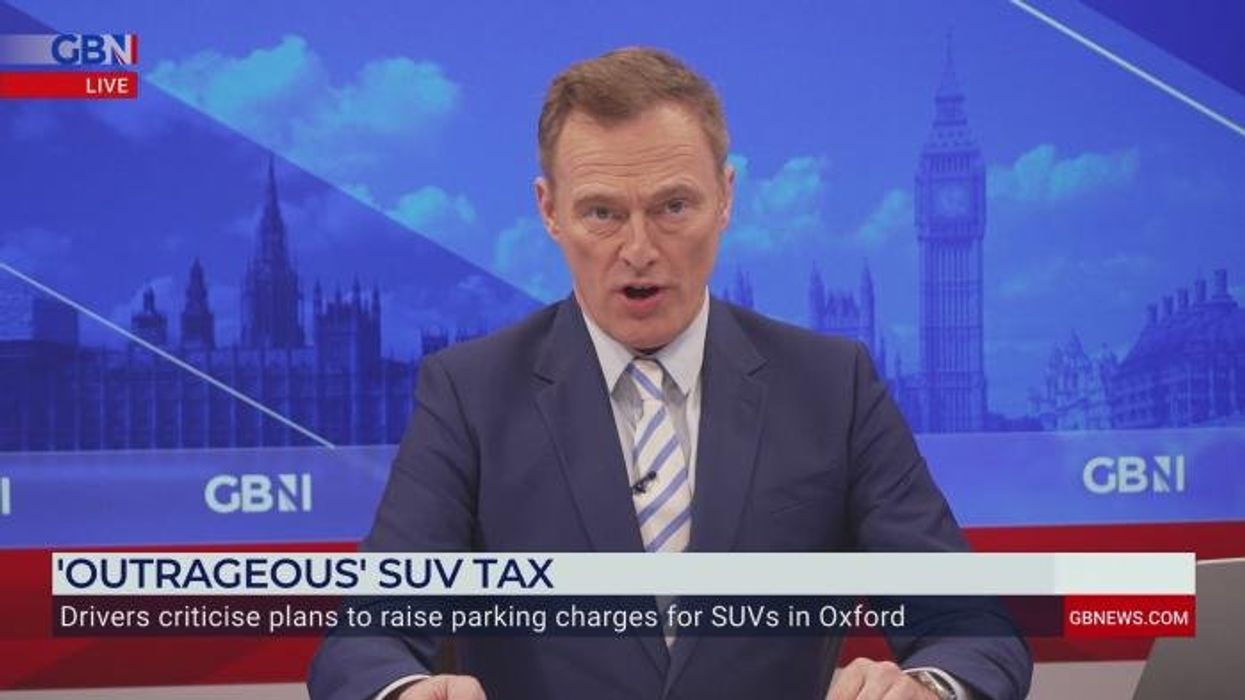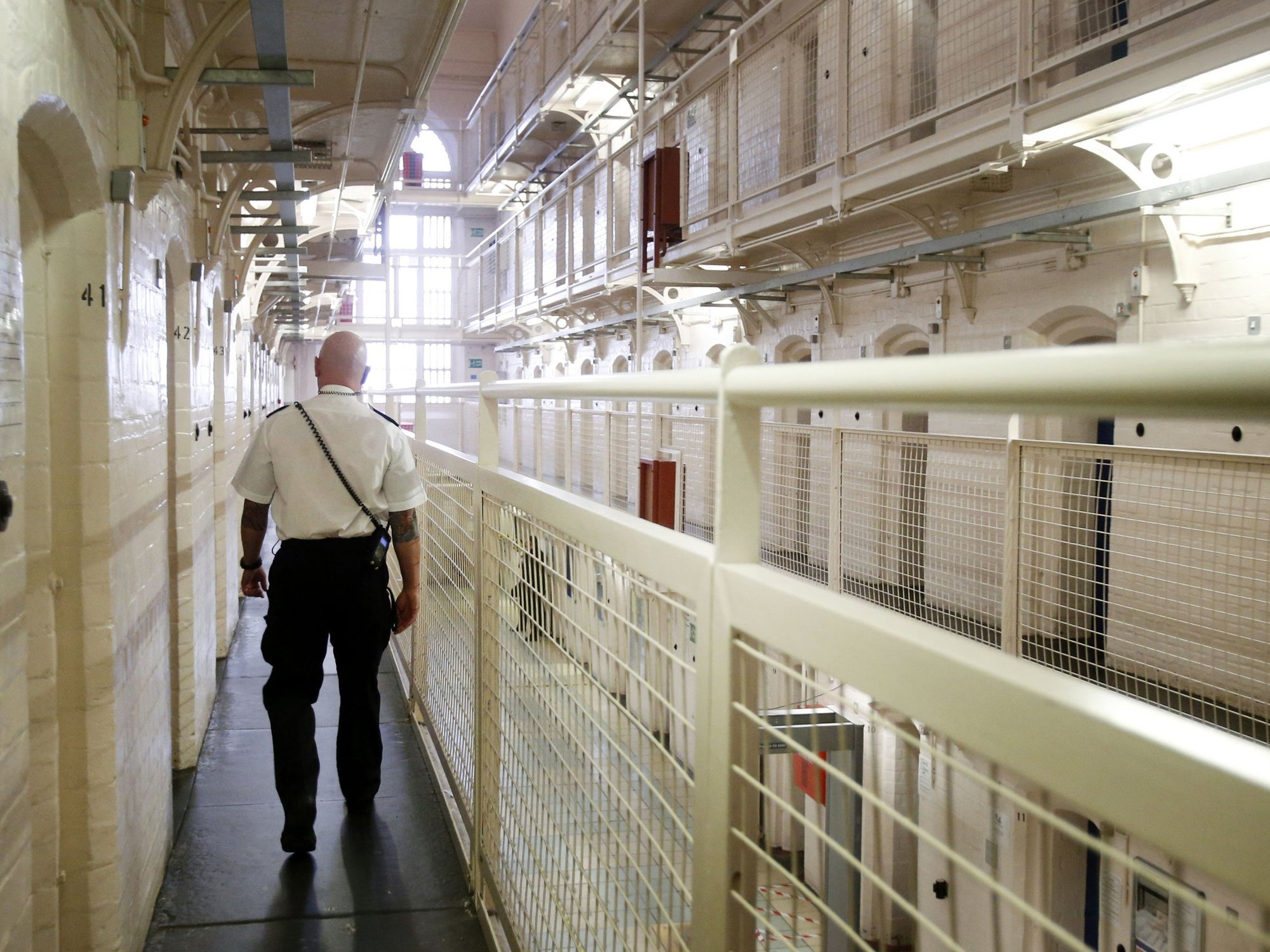Petrol and diesel drivers targeted with cost hikes under new parking proposals - 'Paying for green targets'

Reading Borough Council will decide to introduce emission-based parking on November 17
Don't Miss
Most Read
Petrol and diesel motorists have been warned they could be slapped with a major parking price hike that could see drivers pay twice as much for having harsher emissions.
The proposal, from Reading Borough Council, would introduce emission-based parking charges, a scheme that could add up to 20 per cent extra for petrol vehicles and 25 per cent extra for diesel vehicles, depending on their carbon dioxide emissions.
But under the proposals, drivers of the most polluting vehicles could see their parking charges double, with the council claiming the move will "improve air quality" and encourage greener travel.
Councillors will consider the plan on November 17, and if approved, it will come into effect by February 2026, covering all on-street pay-and-display bays and residential parking permits, but not off-street car parks.
Documents released by the council revealed how steep the increases could be, with a three-hour parking stay in the town's inner zone seeing costs rise from £9 to £18 for vehicles emitting over 255 grams of carbon dioxide per kilometre.
The council detailed how a one-hour ticket could increase from £3 to £6, while two-hour tickets would go from £6 to £12 for higher-emission vehicles.
Petrol cars emitting 151 grams per kilometre or above could face a 20 per cent surcharge, while diesel vehicles in the same emissions range would pay 25 per cent more.
But the move has faced serious backlash, with local driver Tom Richards, who runs a small courier firm in Reading, telling GB News that "this is a tax on working people."
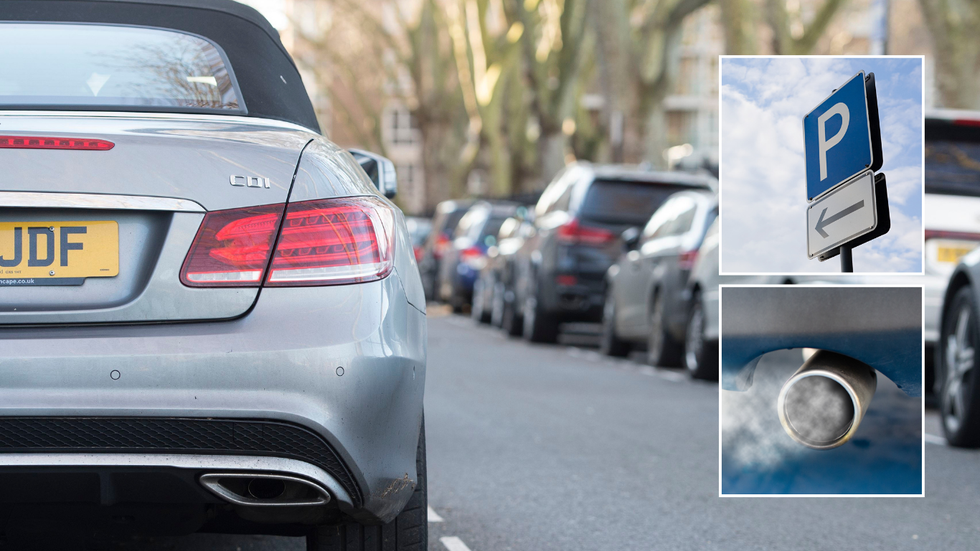
Reading Borough Council will discuss the proposal on Monday, November 17
| GETTY/READING BOROUGH COUNCILHe warned that not everyone can afford an electric vehicle or a brand-new hybrid and that the measures would hit families and tradespeople the hardest.
"Once again it's the motorist paying for the council's green targets," he fumed.
The council's earlier informal consultation attracted 275 responses and found that while 64 per cent of respondents said they were concerned about air quality and its impact on their family's health, many also criticised the proposal as unfair to lower-income households.
A summary of the consultation noted "a certain level of cynicism connected to the reasons for introducing the scheme," with residents questioning whether the move was more about raising money than reducing pollution.
The council itself admitted that it would need to improve its communication with residents before the scheme could come into effect.
LATEST DEVELOPMENTS
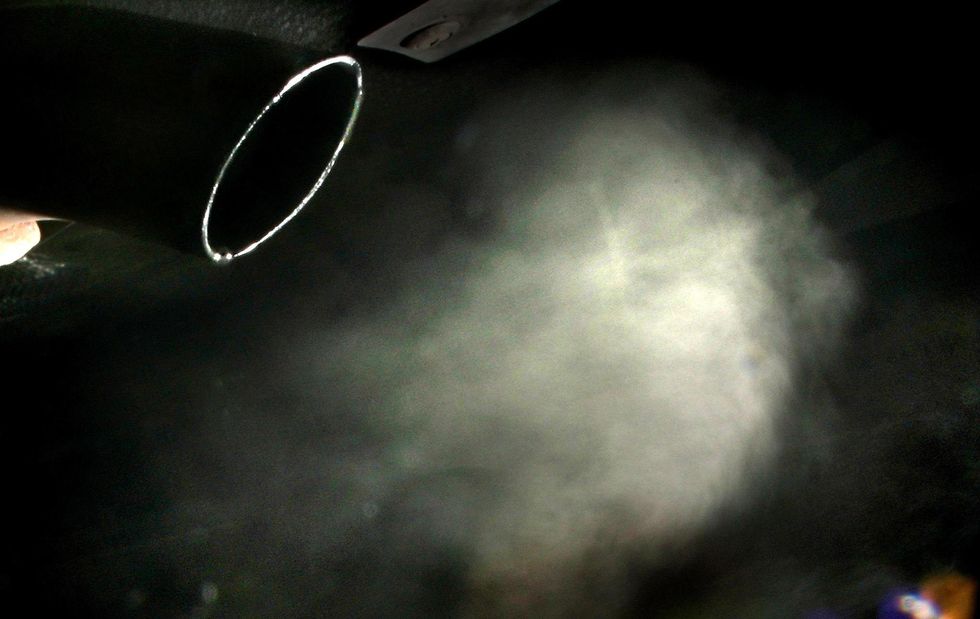
Under the proposals, higher-polluting vehicles will pay more for parking
| PAHowever, Councillor John Ennis defended the emission plans, insisting that the focus is on public health and sustainability.
He said: "Transport accounts for around 30 per cent of all carbon emissions nationally.
"We have already invested heavily in public transport and cycling facilities. This measure is simply another way to reduce air pollution and protect residents' health."
Councillor Ennis added that only the most polluting vehicles will face higher costs and that most petrol cars and all electric vehicles will not be affected.
The scheme would also complement ongoing projects in Reading, such as new park-and-ride services, bus priority lanes and the installation of more electric vehicle charging points.
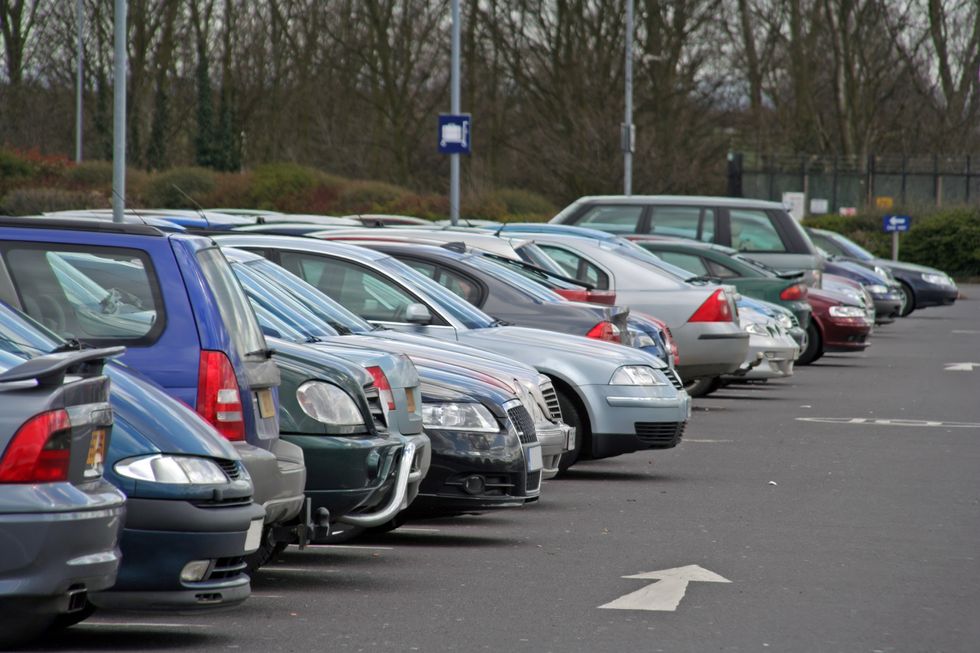
The move could see emission-based parking introduced by February 2026
| GETTYBut critics have blasted the plan as part of a wider "war on motorists," following similar emission-based parking policies in Lambeth, Lewisham, Westminster, and Bath.
GB News presenter Patrick Christys recently warned that "ordinary drivers are being squeezed from every angle, fuel duty, Ulez zones, and now parking taxes dressed up as green policy."
A spokesperson for the Alliance of British Drivers told GB News: "Drivers are being targeted yet again.
"Emission-based pricing is just another way of making life harder for people who still rely on petrol or diesel.
"The council claims this is about the environment, but it looks a lot like revenue-raising."


